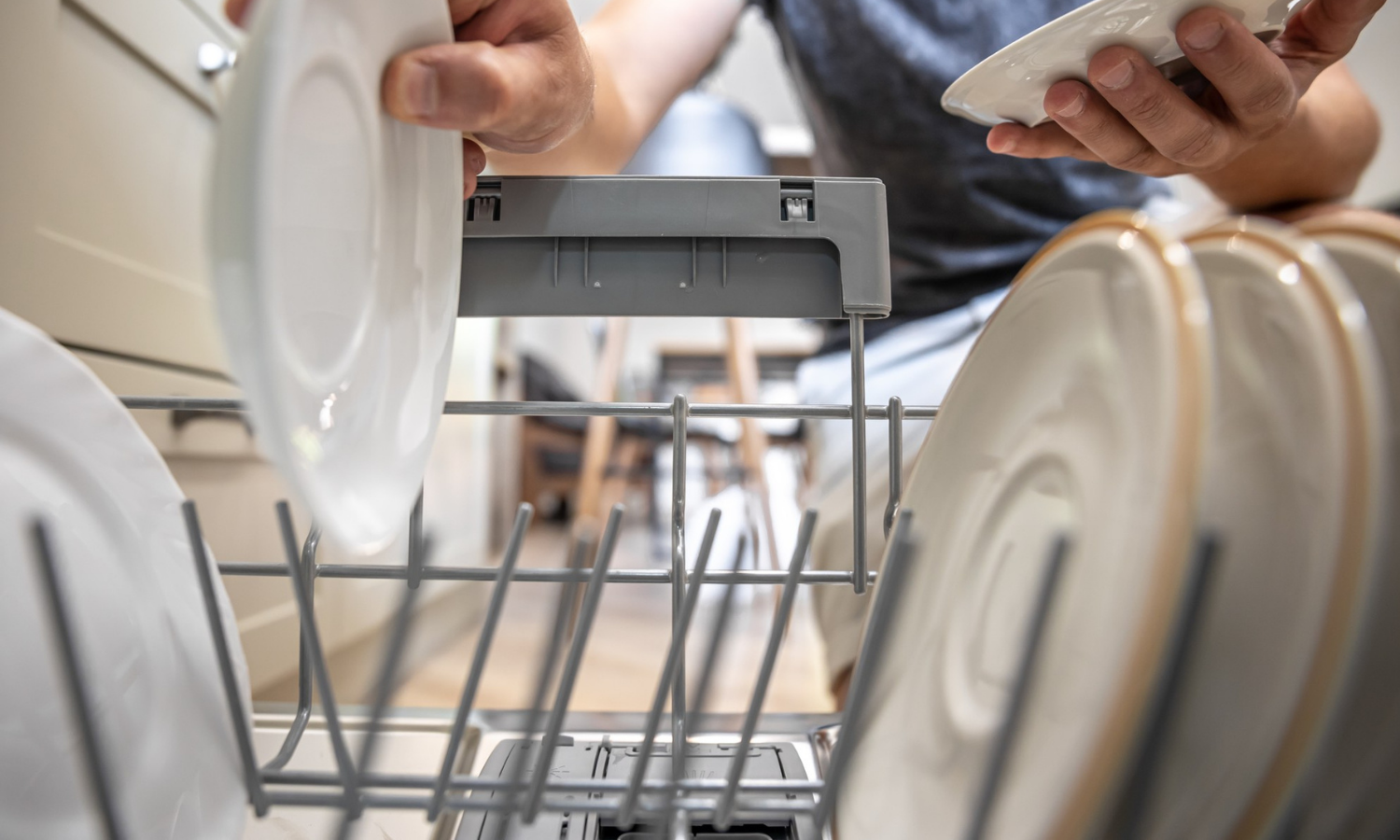


Bad smells from your dishwasher can make your whole kitchen unpleasant. This guide explains why dishwashers develop odors and offers simple solutions to address the issue. We'll cover the main causes, including trapped water, food debris, mold, and mineral buildup. You'll learn easy cleaning methods and maintenance tips to keep your appliance smelling fresh. These same principles apply when any home remodeling contractor works on kitchen upgrades.
Bad smells in your dishwasher usually come from standing water and mold. When your dishwasher doesn't drain properly, water sits at the bottom and collects food bits. This creates an ideal environment for bacteria and mold to grow, resulting in unpleasant odors. Mold can also grow in hidden areas, such as rubber seals and corners, especially when moisture becomes trapped. To fix this, check for clogs in the drain hose and filter to help water flow out. Clean your dishwasher regularly with vinegar and baking soda to stop mold and keep it smelling good.
Food scraps stuck in your dishwasher create unpleasant smells and cause it to work poorly. Check the filter regularly for food particles that may have collected there. Remove any visible debris by gently scrubbing with a soft brush or cloth. Also, check the spray arms for clogs caused by leftover food. Use a toothpick or small brush to clear any blockages. Run a cleaning cycle with dishwasher cleaner or mix vinegar and baking soda to break down stubborn food bits. Keeping your dishwasher free of food buildup helps it function more efficiently and eliminates unpleasant odors.
Regular cleaning prevents mold and mildew from growing in your dishwasher. These fungi thrive in damp environments, making your dishwasher an ideal habitat for them if you neglect to maintain it. Check the door gasket often for signs of mold or mildew. Clean the gasket with water and white vinegar to prevent buildup. Check and clean the filter to remove trapped food debris that helps mold grow. Run a hot water cycle with dishwasher cleaner once a month to kill any remaining mold or mildew spores.
Hard water leaves mineral deposits that can cause unpleasant odors and poor cleaning performance. Check the spray arms regularly for mineral buildup that blocks the holes. Remove the spray arms according to the manufacturer's instructions. Look for clogs in the small holes caused by minerals. Soak the spray arms in a mixture of vinegar and water to dissolve the deposits. Use a small brush to scrub away any remaining residue gently. Rinse the spray arms thoroughly before reassembling them. Consider using a dishwasher cleaner made for hard water problems. These steps help ensure your dishwasher works properly, minimizing issues caused by hard water.
Poor maintenance can cause problems that affect your dishwasher's performance and cleanliness. Follow these simple maintenance tips to keep your dishwasher running well:
Inspect the Door Seal: Check the door seal for damage or mold growth, as a tight seal is needed for proper operation.
Other Related Topics: